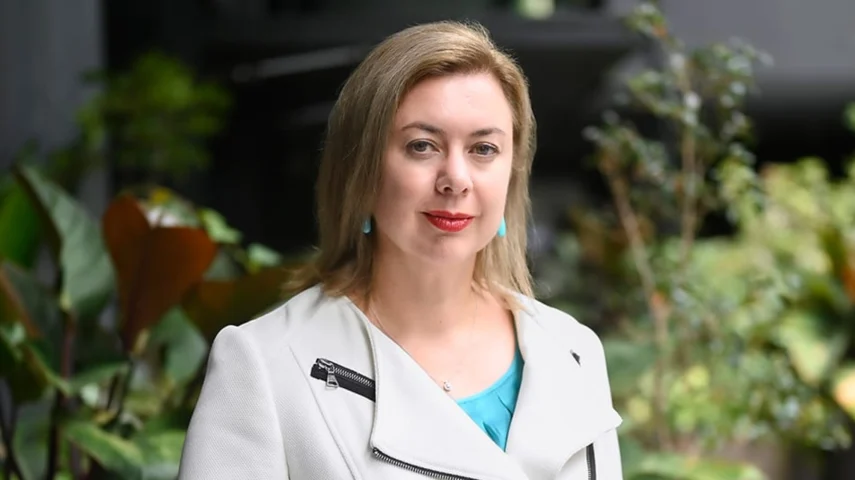‘No closed doors’: Abood reflects on first year of FAAA



One year since the Financial Advice Association Australia (FAAA) was formed, chief executive Sarah Abood takes a look back on what the organisation’s advocacy has accomplished in its first year.
On 3 April 2023, the Financial Planning Association of Australia (FPA) and the Association of Financial Advisers (AFA) completed their merger to form the FAAA.
The newly combined FAAA is sitting at just over 10,700 members currently, with almost 9,000 of them being practitioners.
“That’s a pretty strong endorsement that financial advisers are really looking for an organisation to speak for them as a profession,” Abood commented. “That’s what practitioners were looking for when they voted to bring the two associations together. We have been really pleased with the members’ responses – we never take it for granted.”
The financial advice profession has been no stranger to continued industry changes since the merger, particularly relating to the Quality of Advice Review (QAR) reforms. Without a doubt, the chief executive said she believes the FAAA is in a stronger position to enact change for the profession than two separate organisations.
“We’re certainly not getting any doors closed when it comes to our access. For example, we had a meeting with the new shadow minister for financial services [Luke Howarth] within two weeks of him taking on the portfolio,” she said.
Looking at the association’s front-facing successes, Abood identified two specific outcomes that she is most proud of the FAAA having accomplished.
“We managed to get the ASIC levy down by $400 per adviser, although it’s still too high. We also managed to get a great outcome from the Australian Taxation Office (ATO) on our advocacy to update the tax deductibility of financial advice.”
Additionally, the CEO highlighted the behind-the-scenes integration of the merger as something members may not necessarily see but was equally crucial.
“I’ve done a lot of M&A in my time and I’m really pleased with how this one has come together, because often things will come out of the woodwork after the deal is done or it may be harder to integrate systems.”
Looking ahead
Looking ahead, a core goal for the organisation will be driving down the cost of practising advice as several factors continue to push the price of running an advice practice up.
“It feels like it’s been heading in the wrong direction, and we’ve got to make it cheaper to practise advice because that is the key way to make financial advice cheaper for consumers,” she remarked.
The FAAA is also hopeful the final legislation for the first stream of QAR reforms announced last week will lead to visible improvements, but Abood reaffirmed her strong concerns which could potentially impose a significant burden on advisers.
While FAAA membership is more than 10,000 people, Abood said the plateau in the growth of adviser numbers has constrained its limit to grow further. In 2023, just 317 advisers joined the industry, which Abood believes is greatly insufficient.
To improve the number of new entrants, the FAAA and Kaplan Professional launched the Advice Academy program last week.
“One of the specific goals of this initiative is to grow the number of people coming into the profession and grow the number of students who are studying courses that will lead them to be a financial planner.
“[The issue] starts right back at when school students are deciding what they’re going to study at university. There is still low awareness of advice as a profession and we need a really concerted effort to grow that awareness over time in order to get those numbers up.”
Recommended for you
Demand for robo-advice tools is rising, a report has shown, but this is occurring simultaneously with rising demand for professional face-to-face advice.
ASIC has released the results of the latest financial adviser exam, held in November 2025.
Winners have been announced for this year's ifa Excellence Awards, hosted by Money Management's sister brand ifa.
Adviser exits have reported their biggest loss since June this week, according to Padua Wealth Data, kicking off what is set to be a difficult December for the industry.












